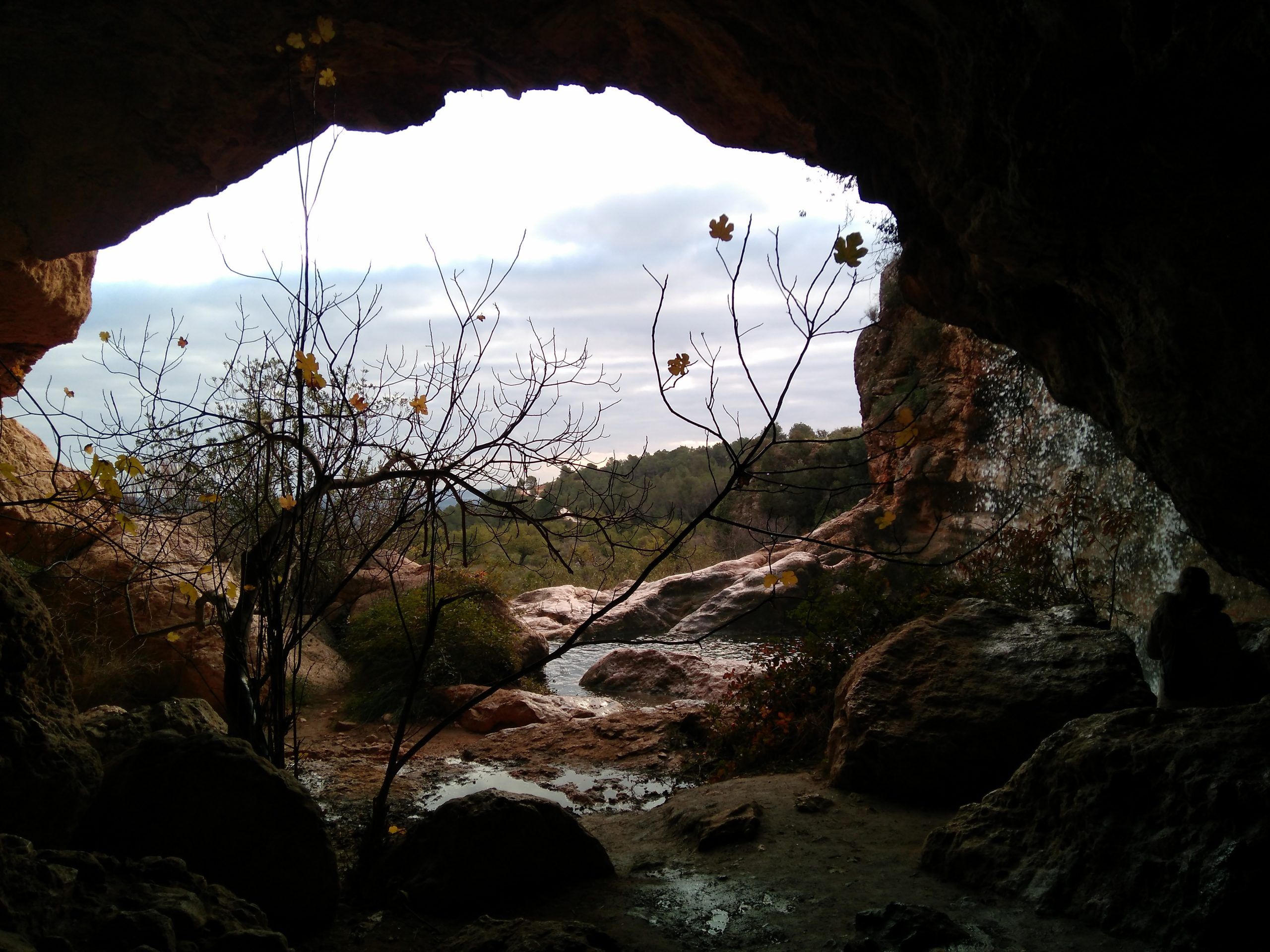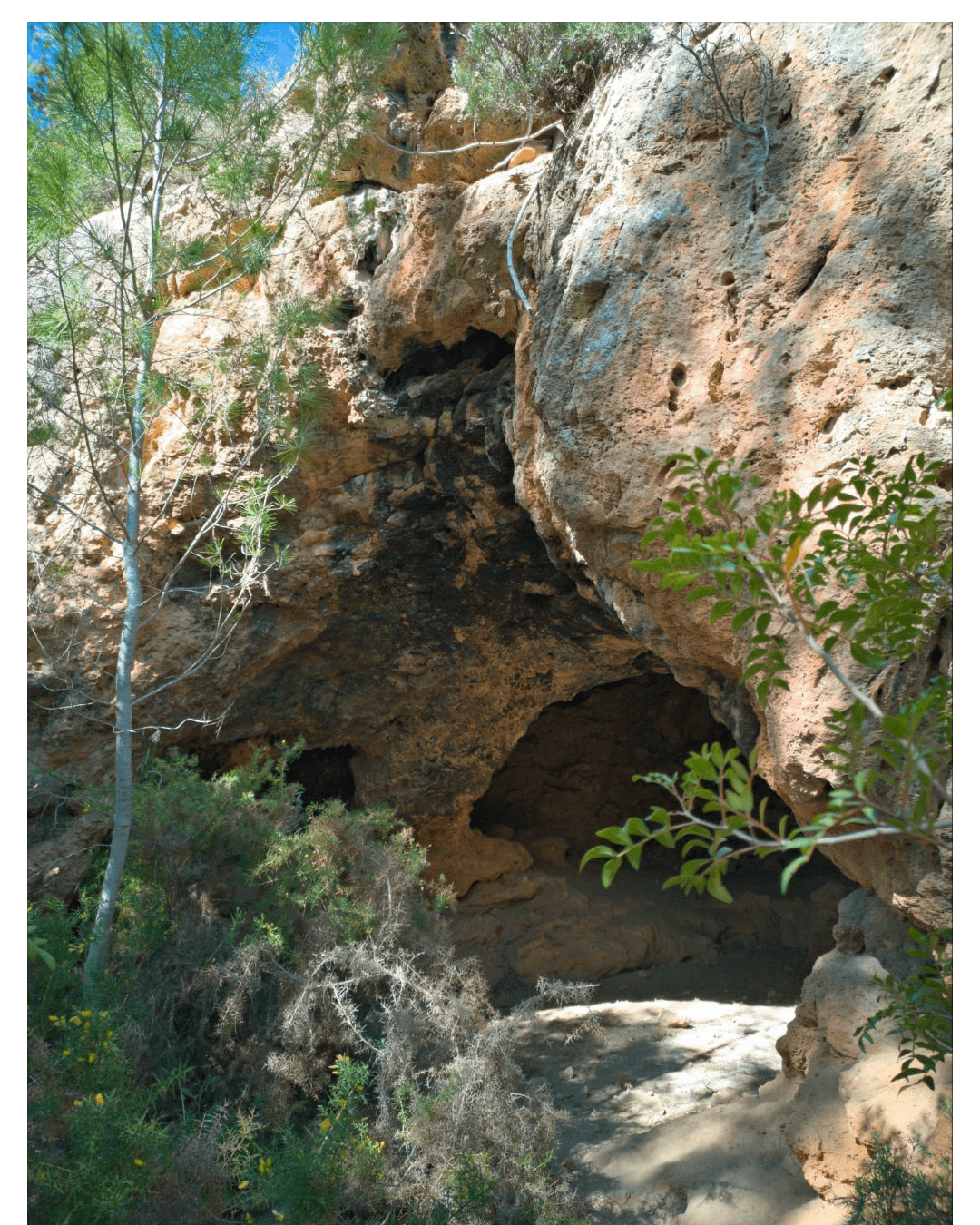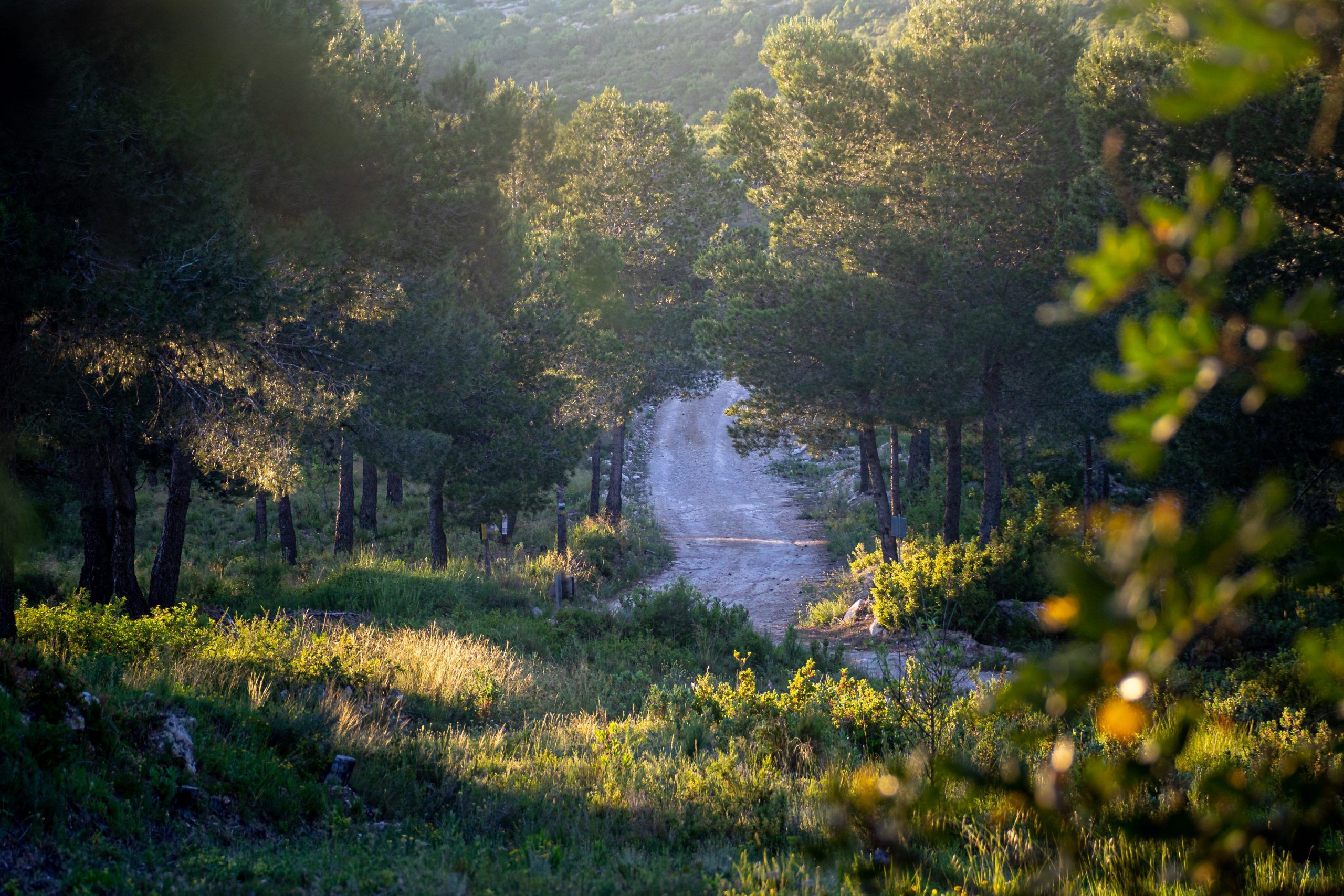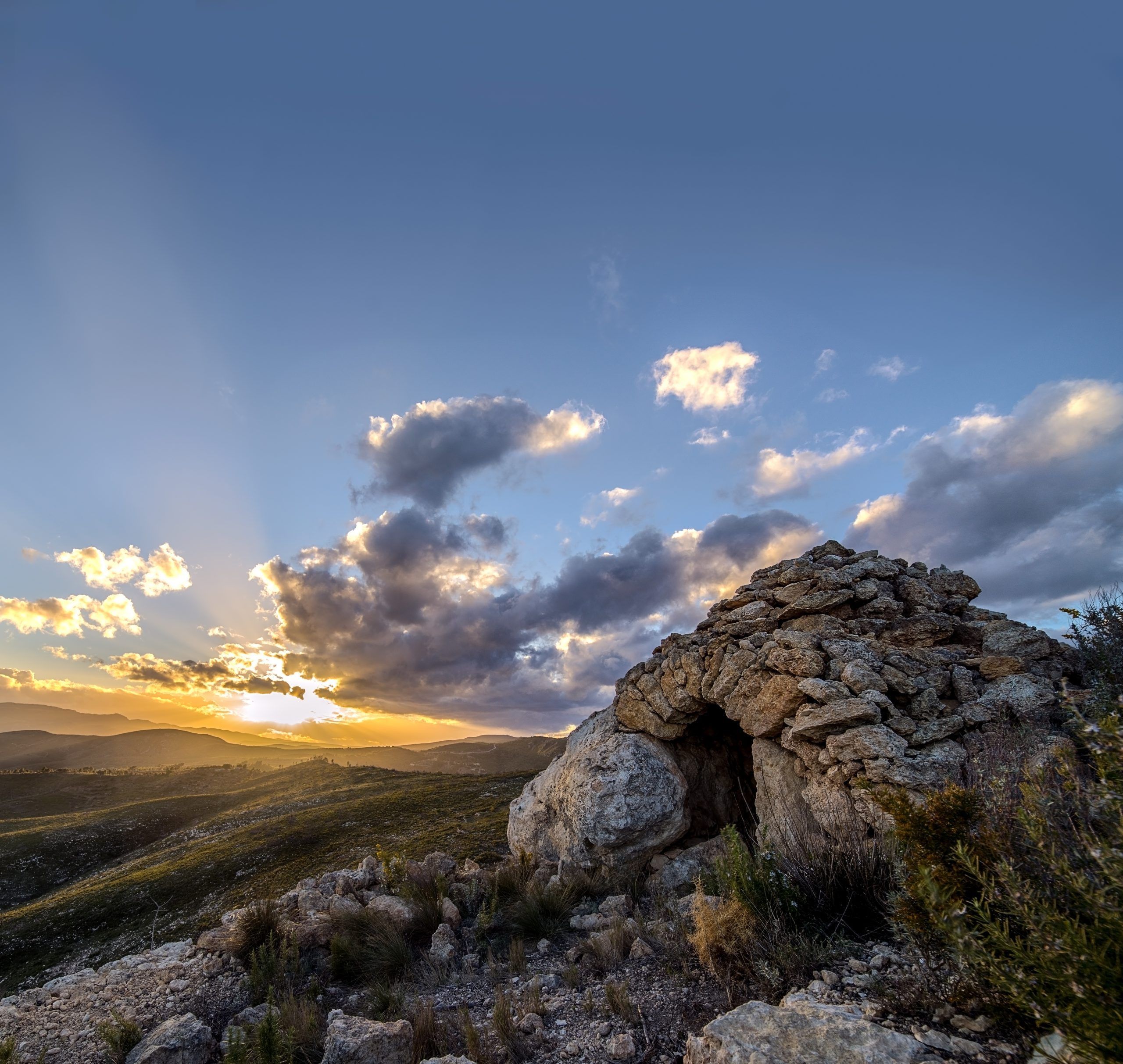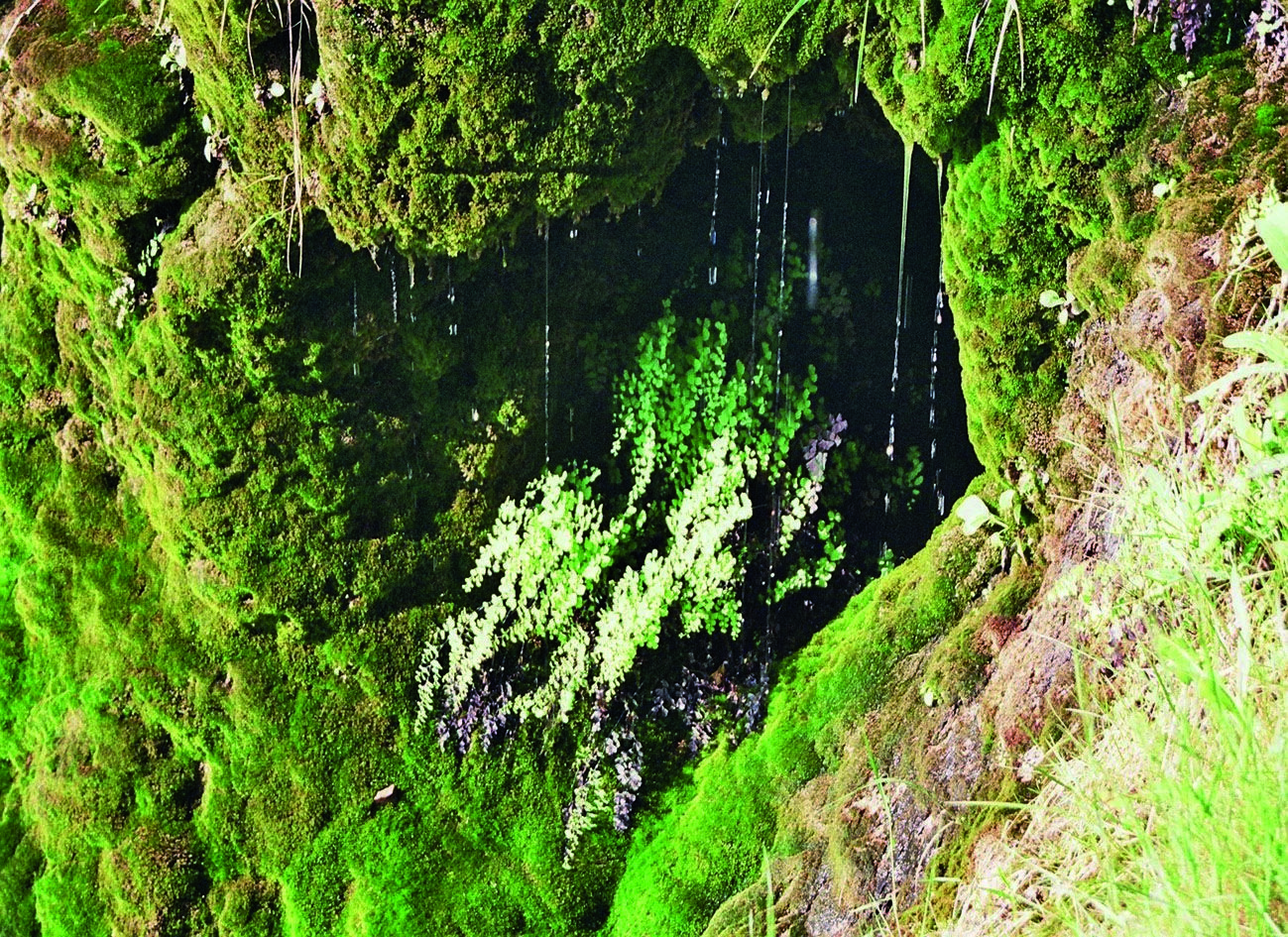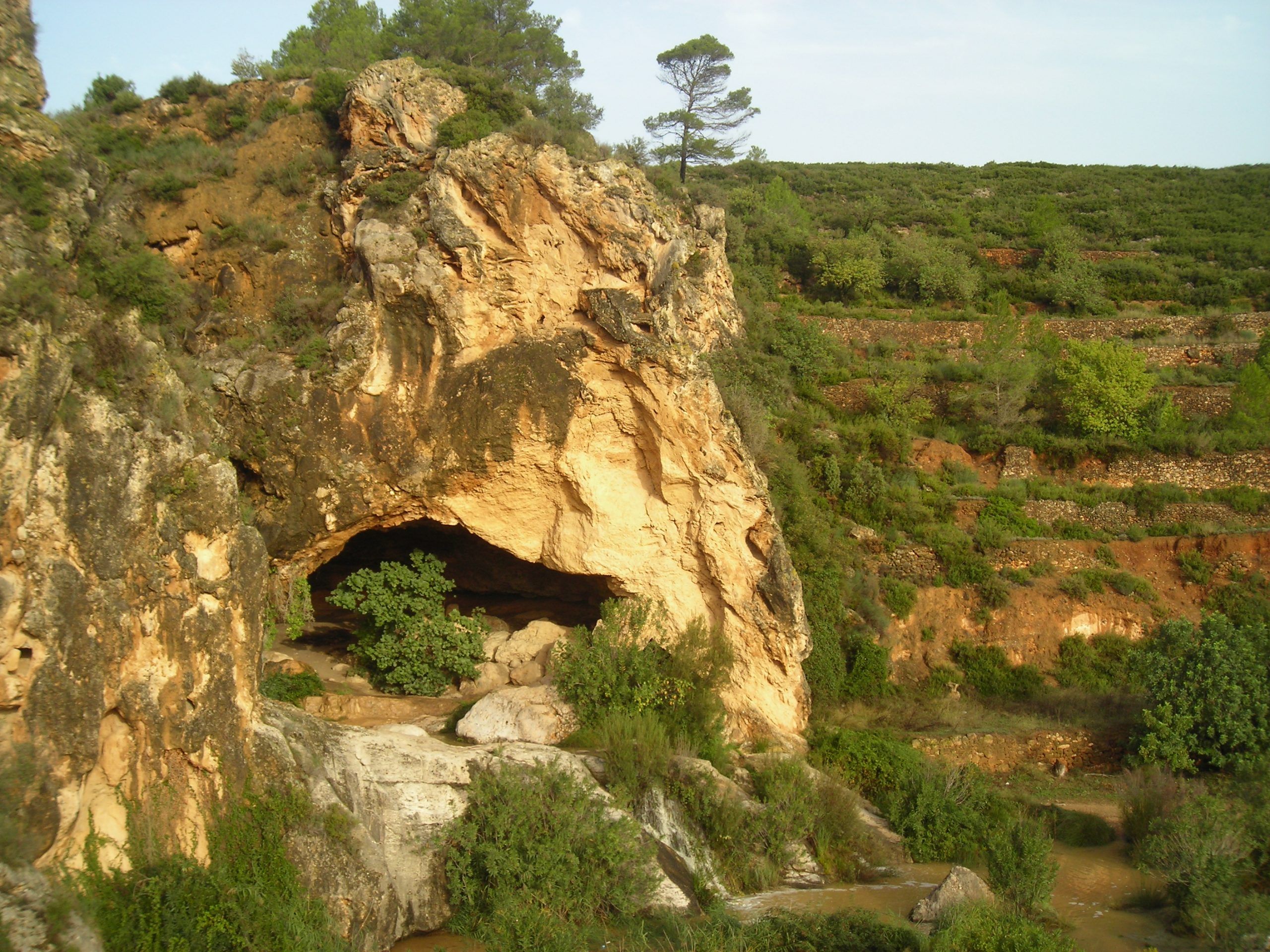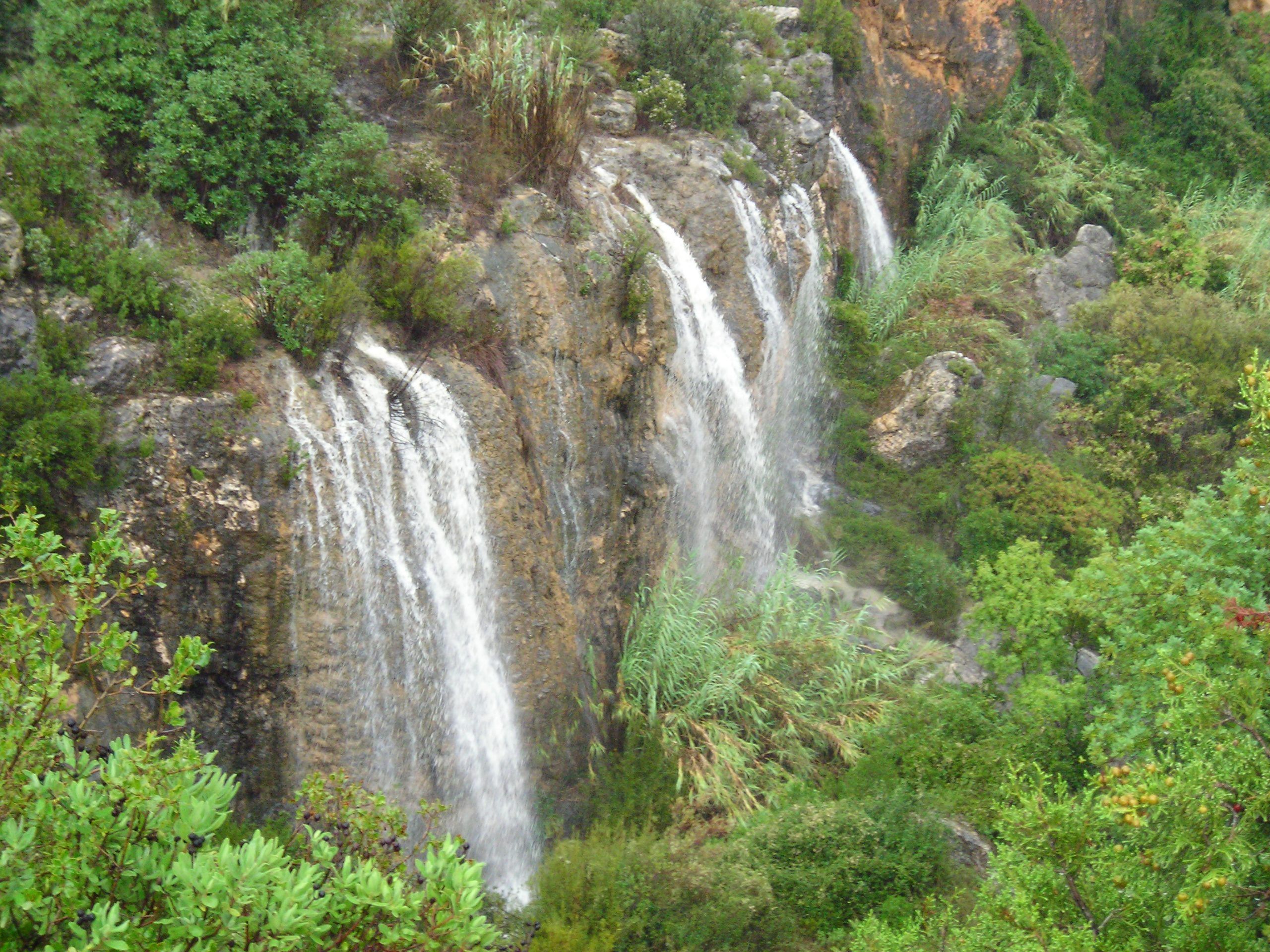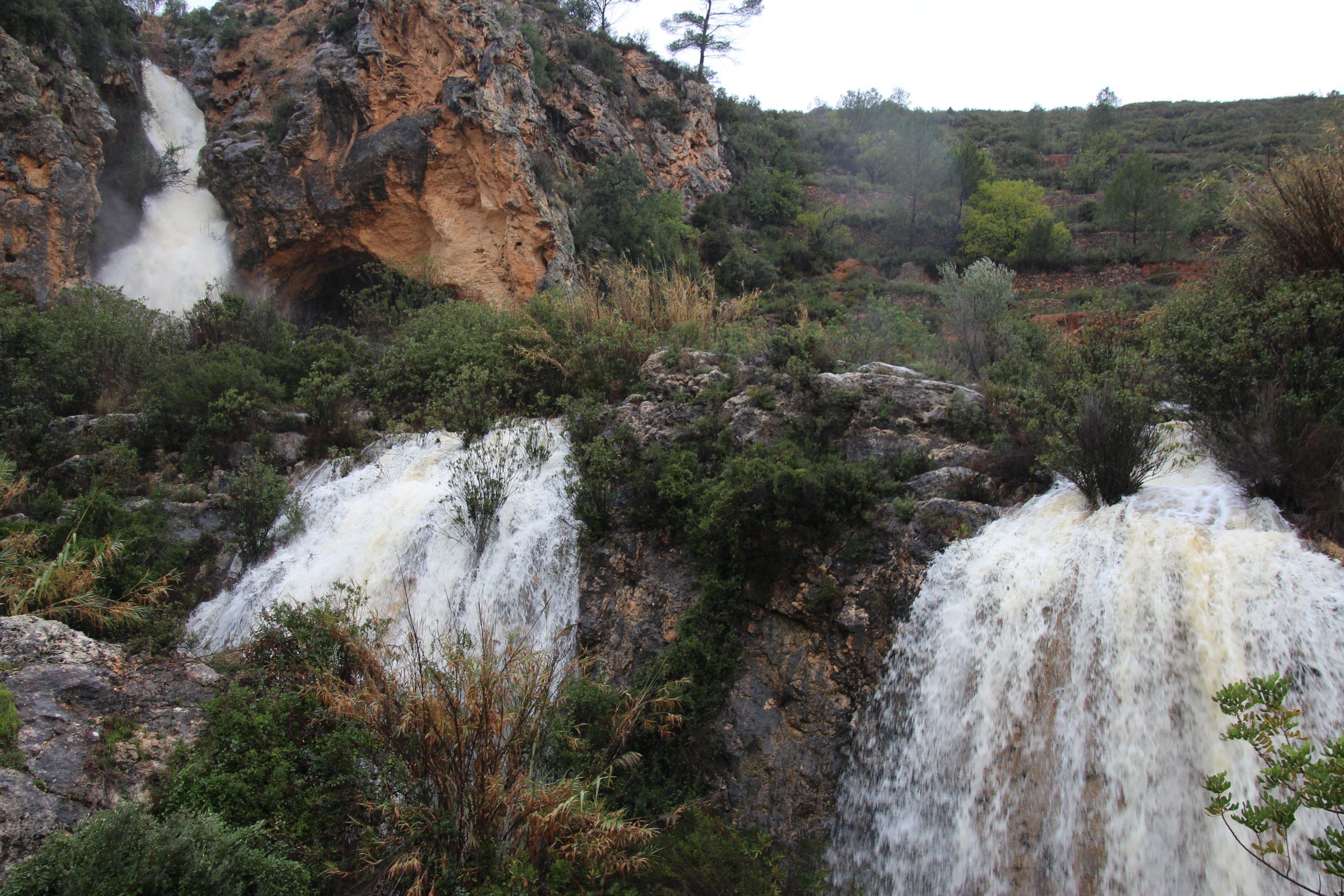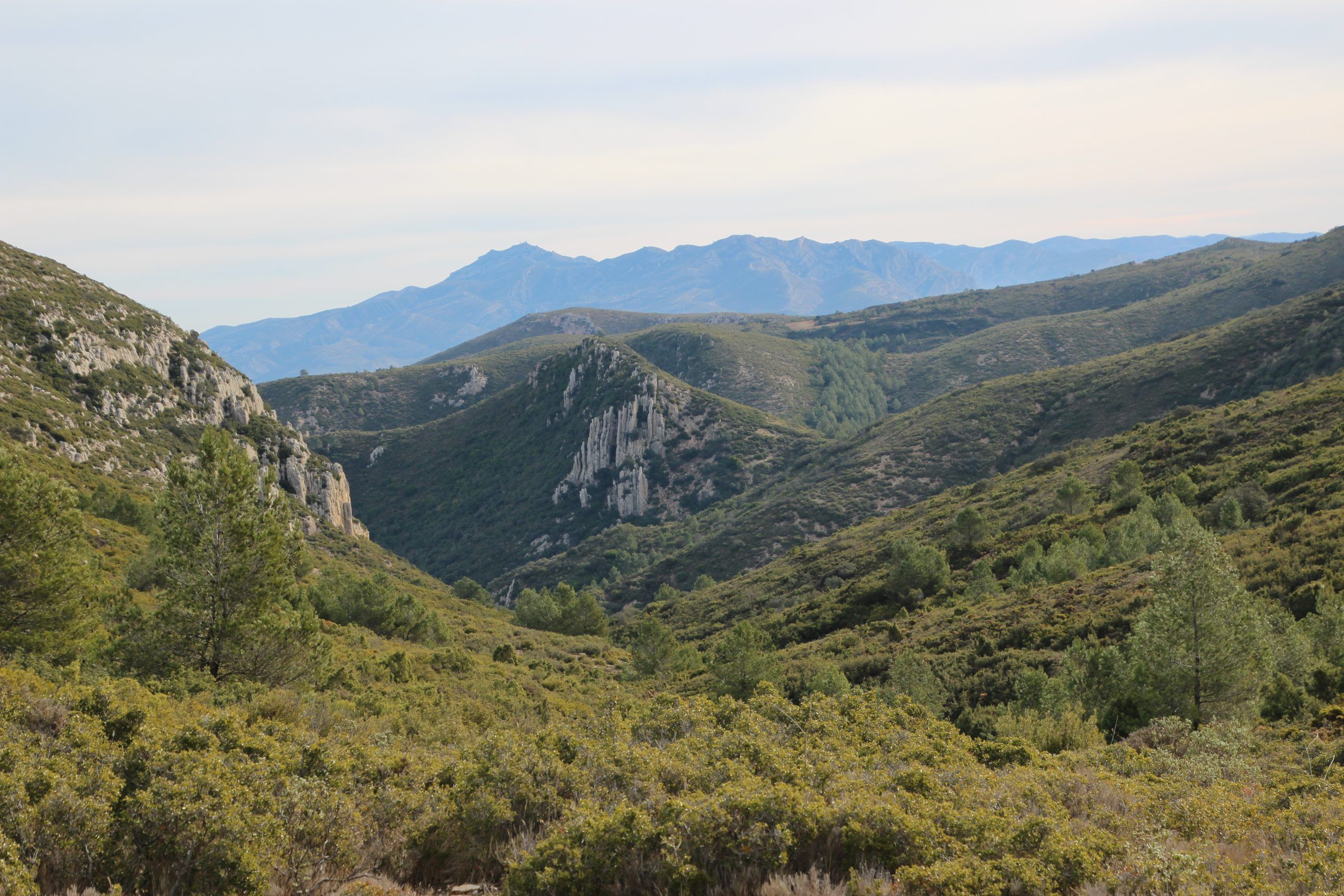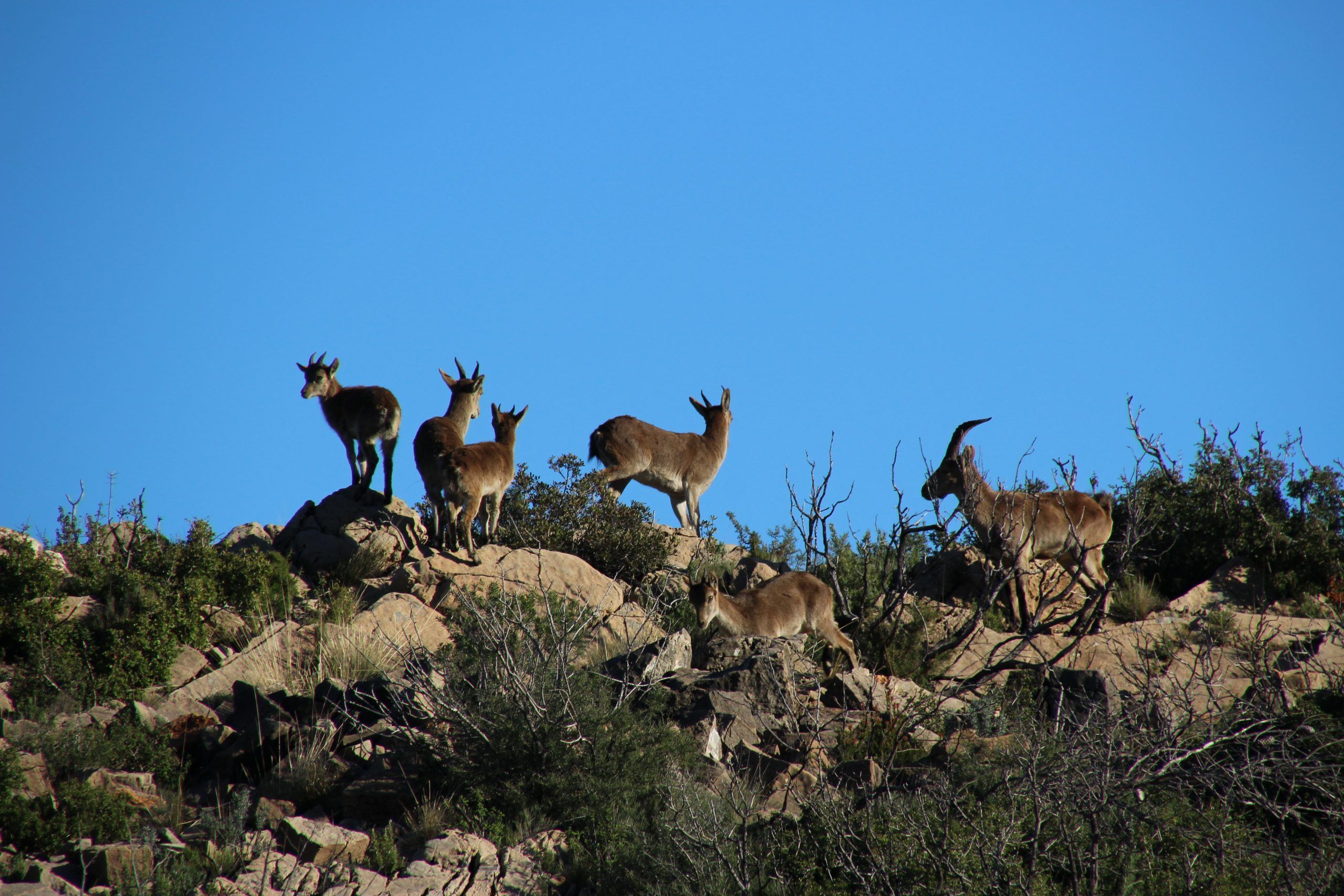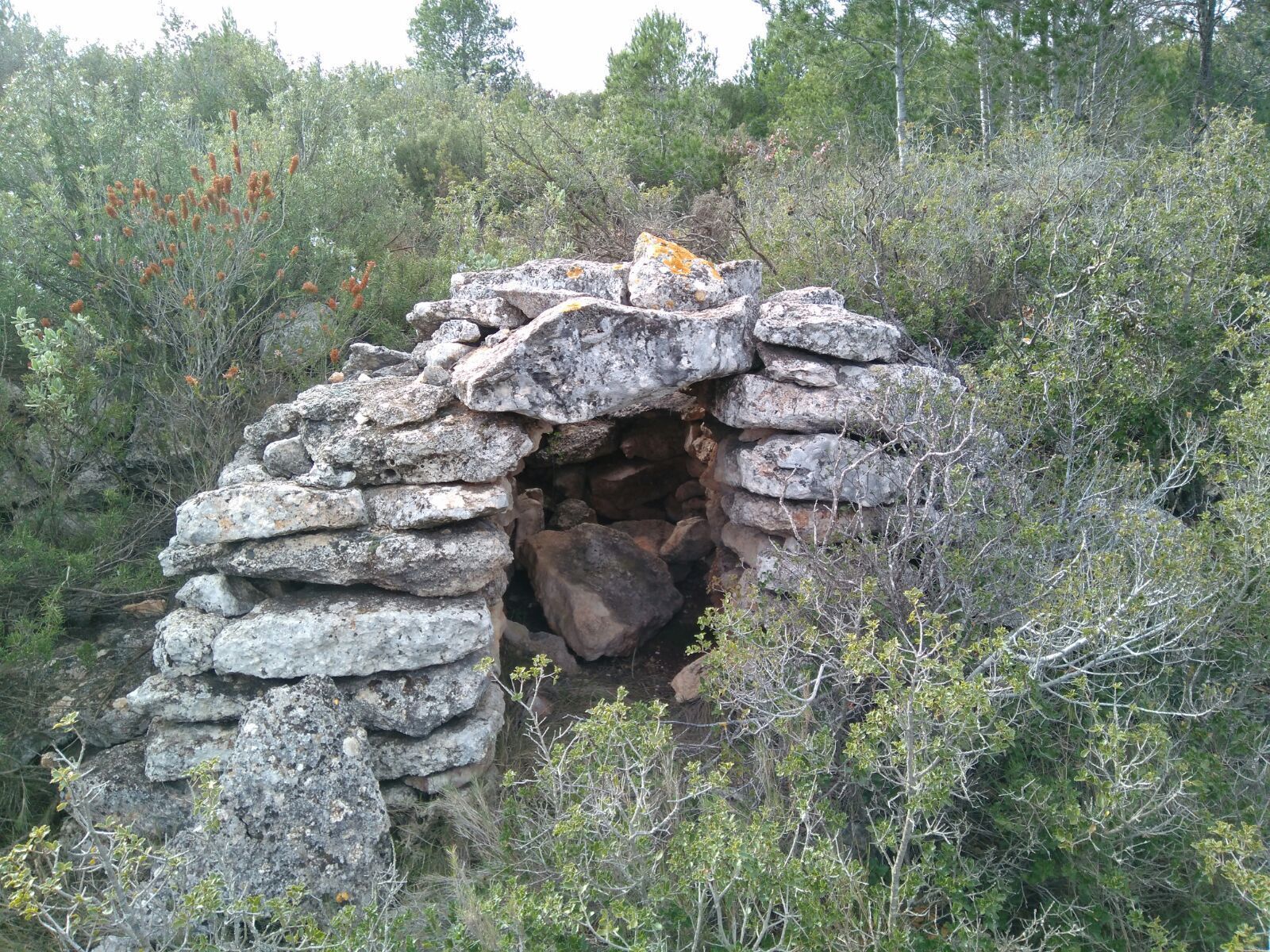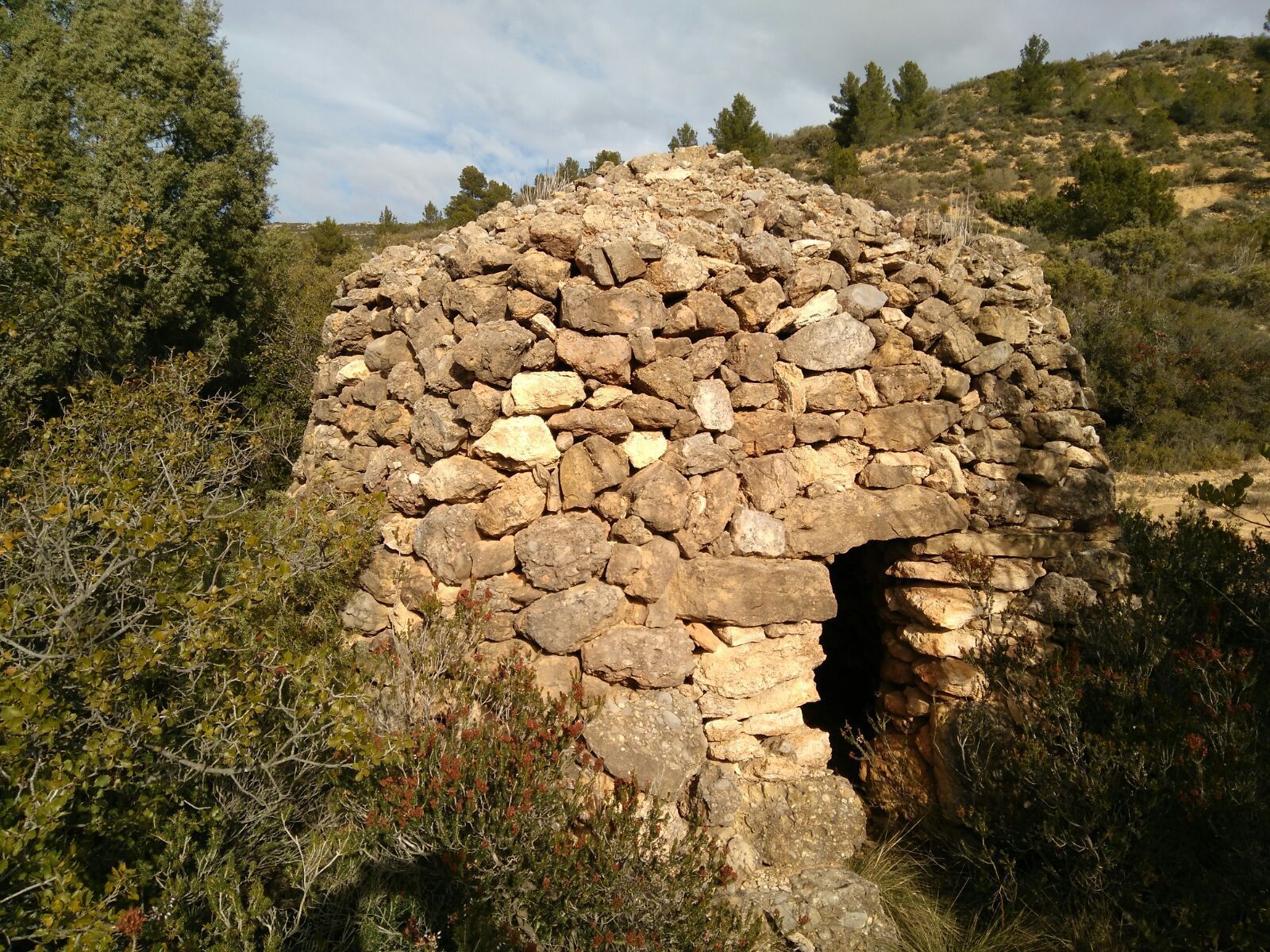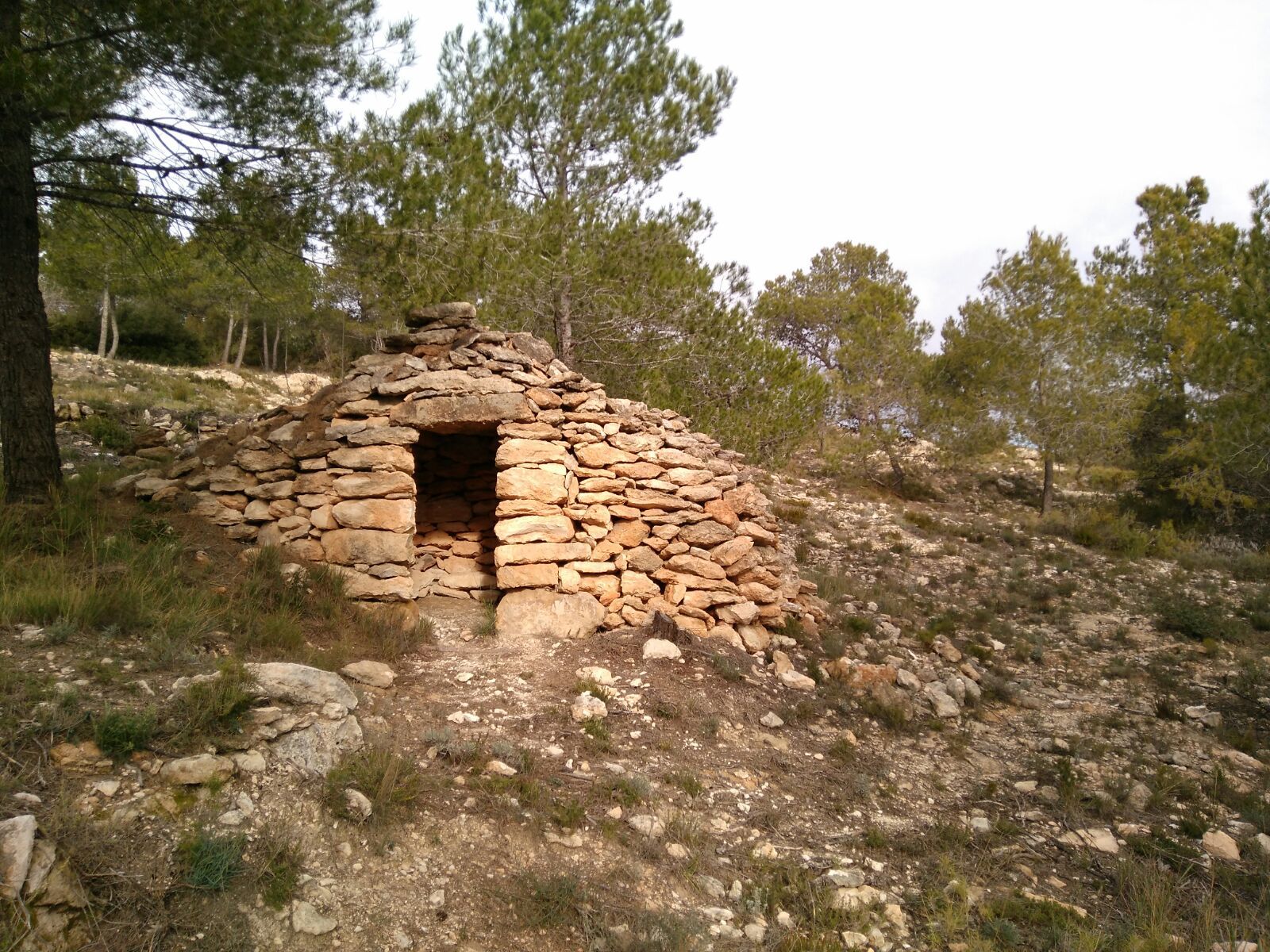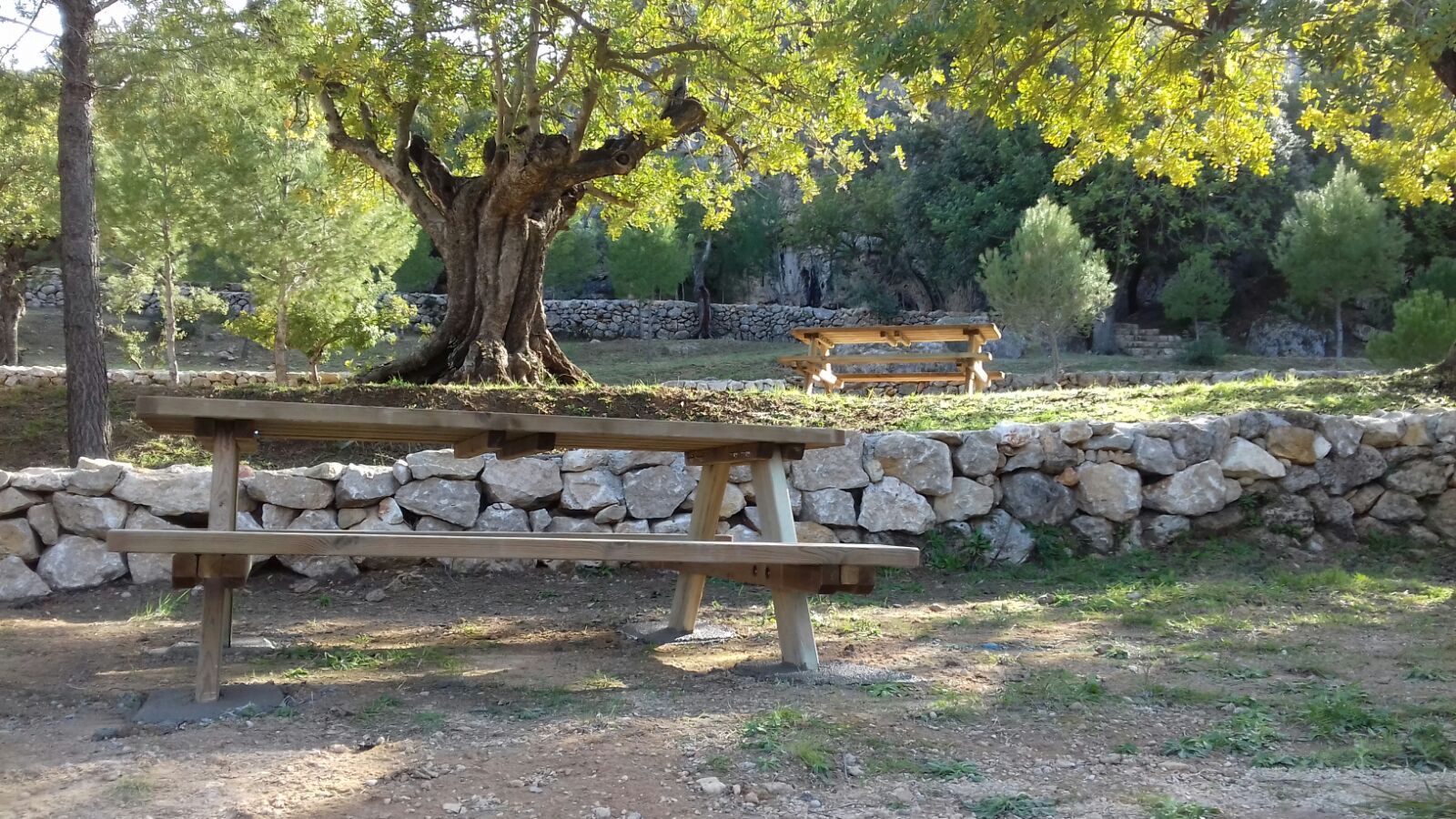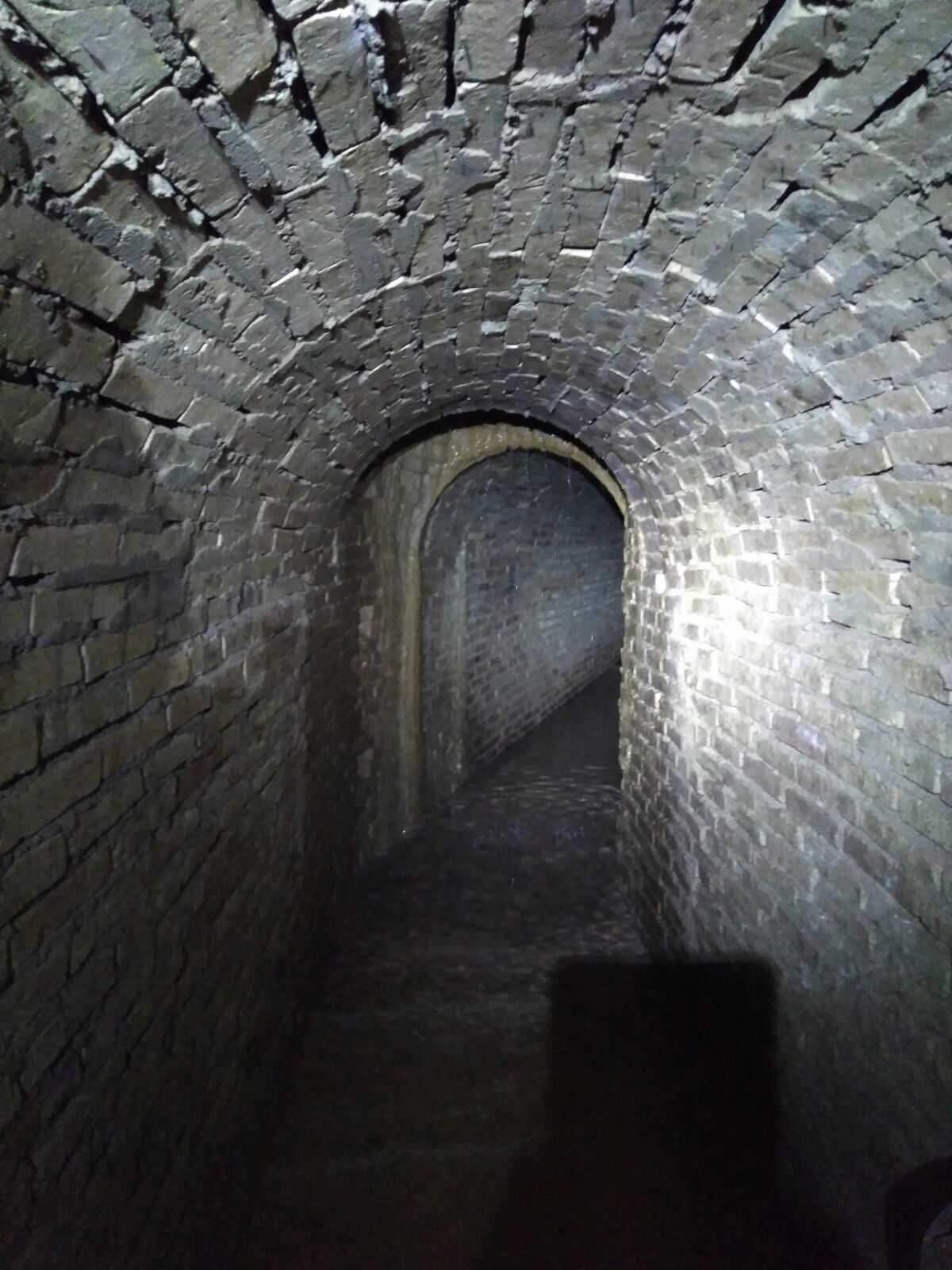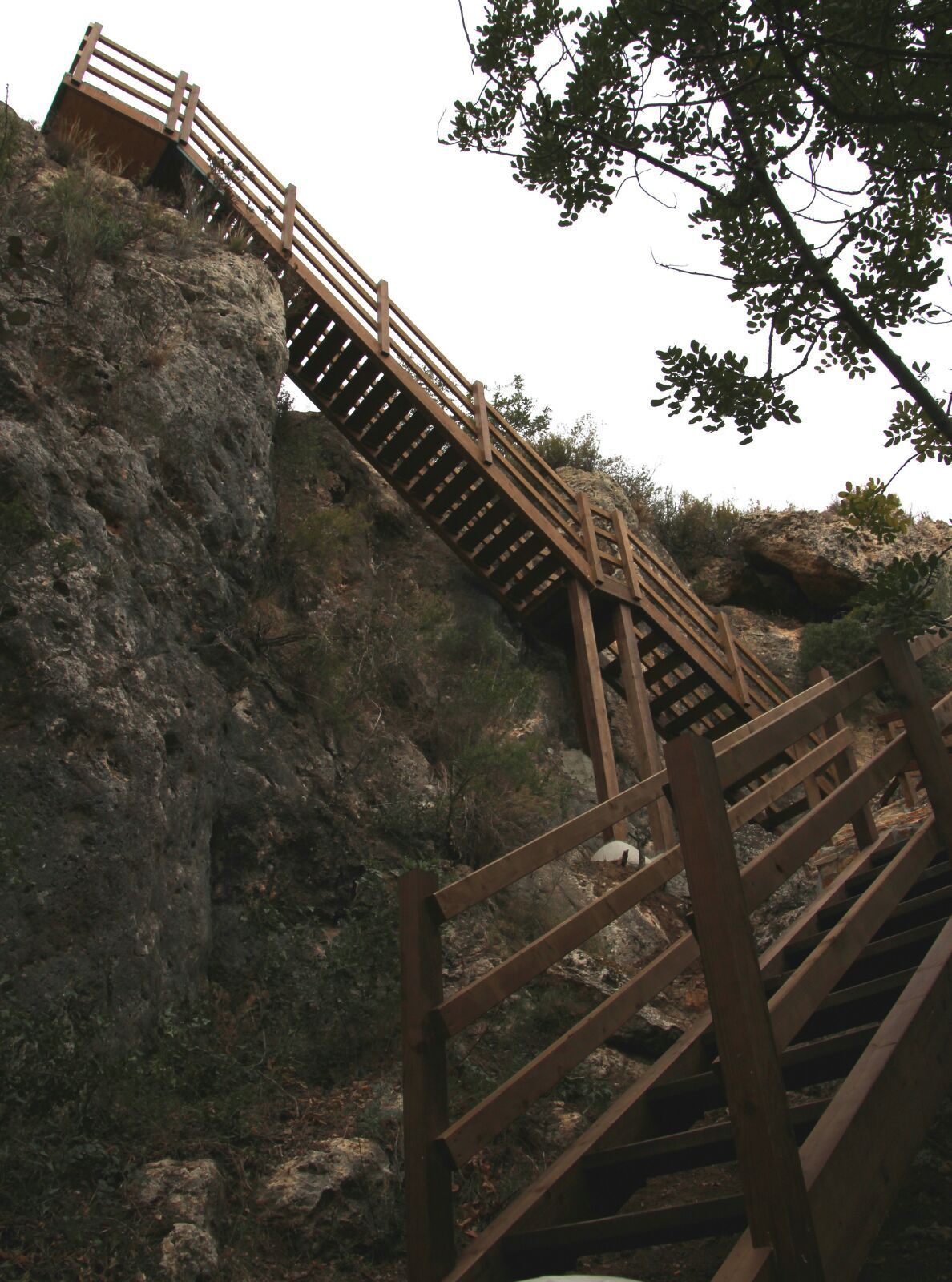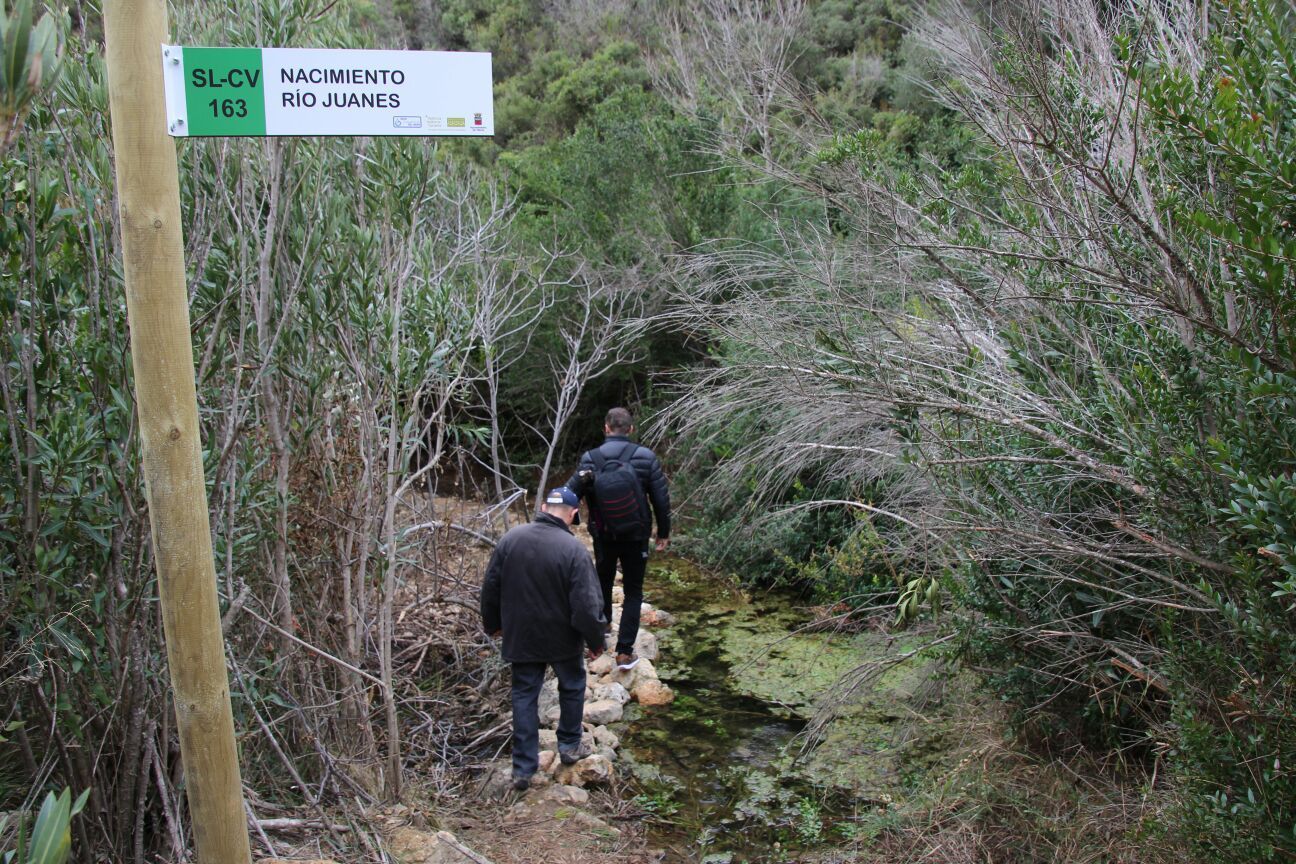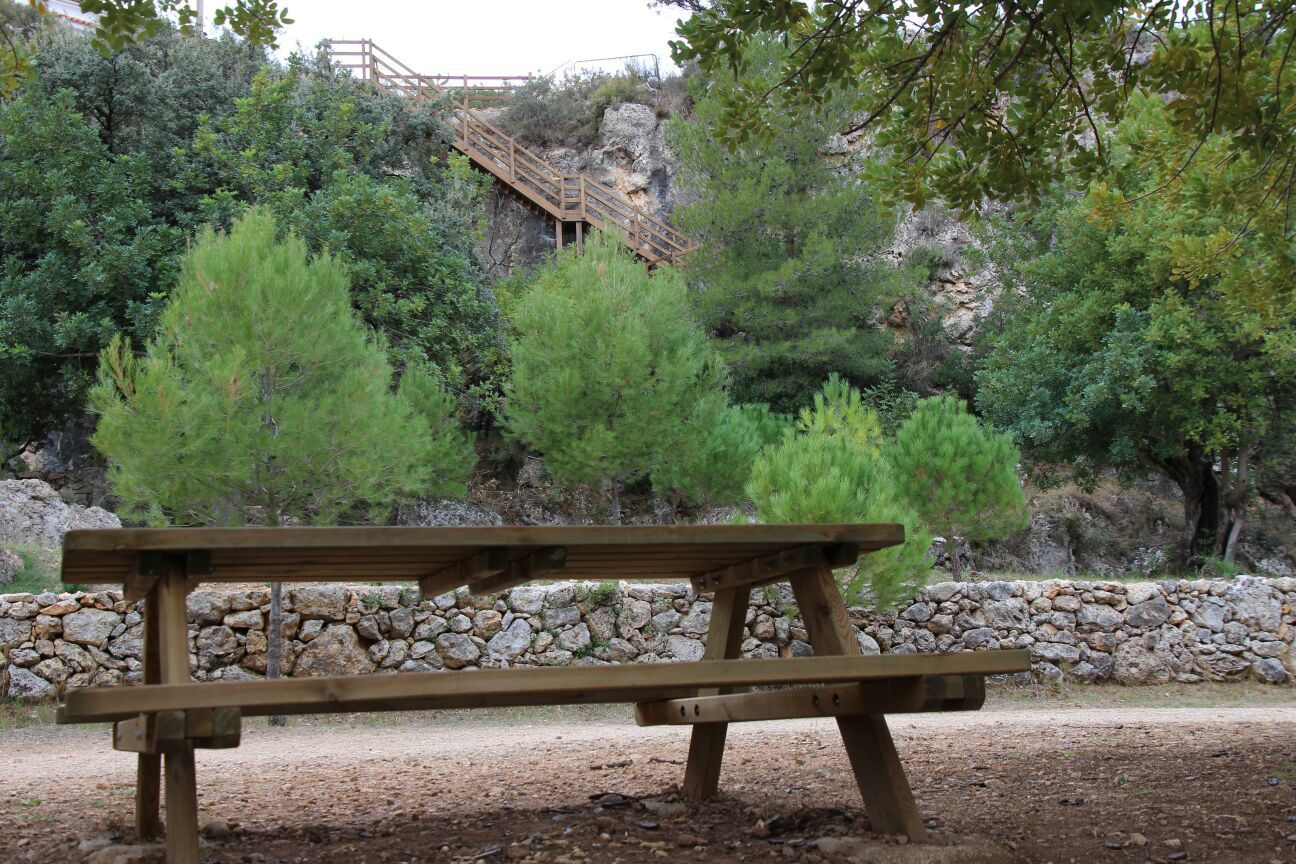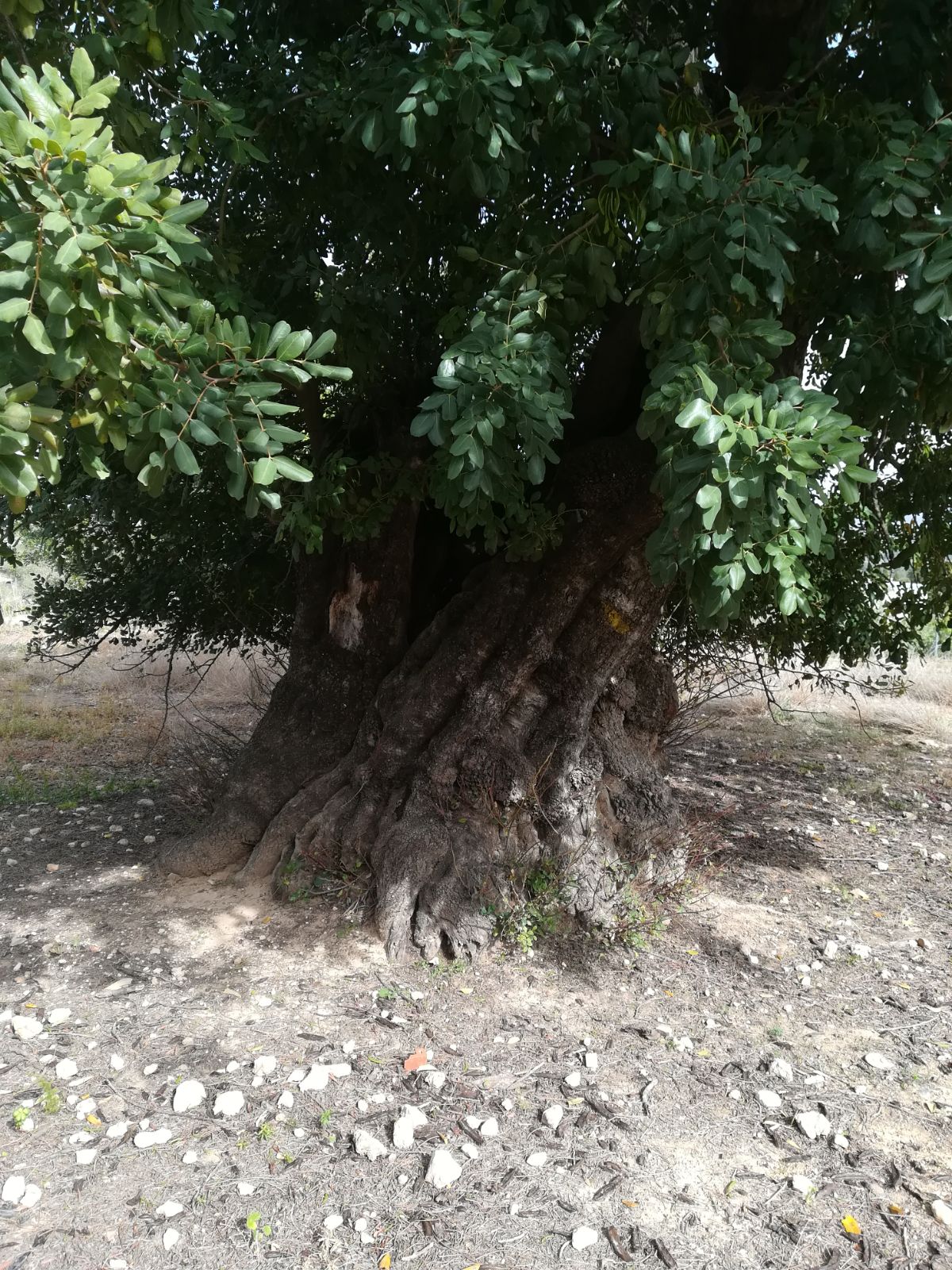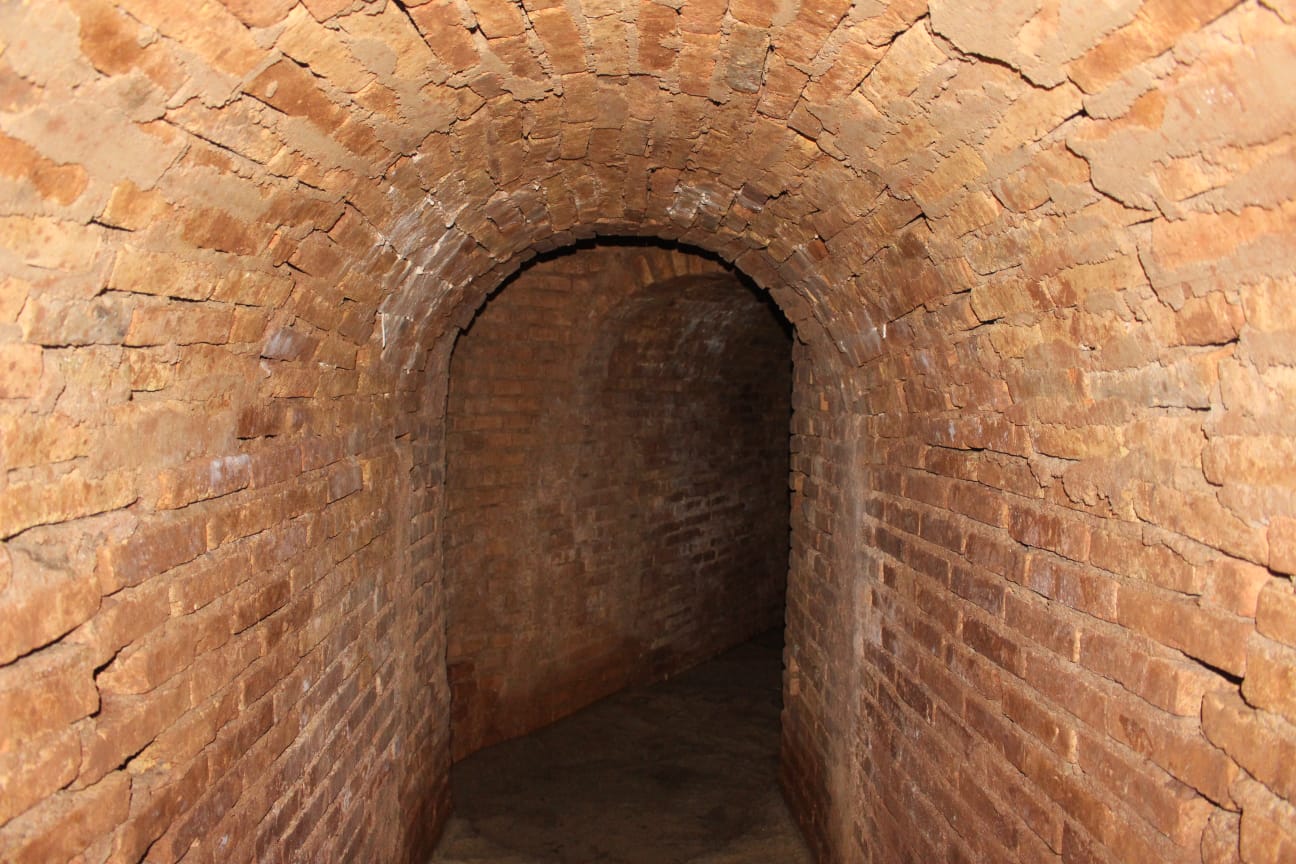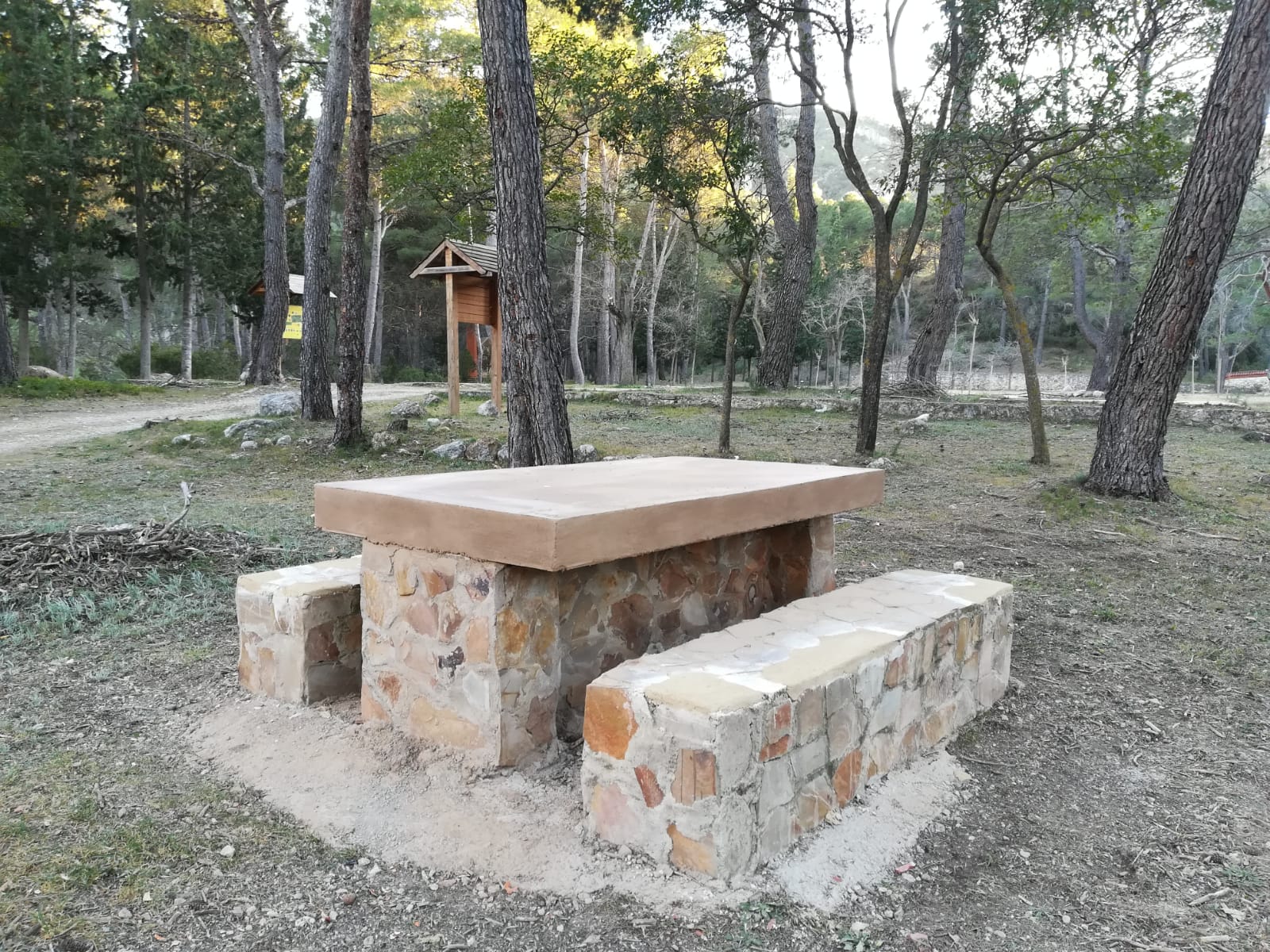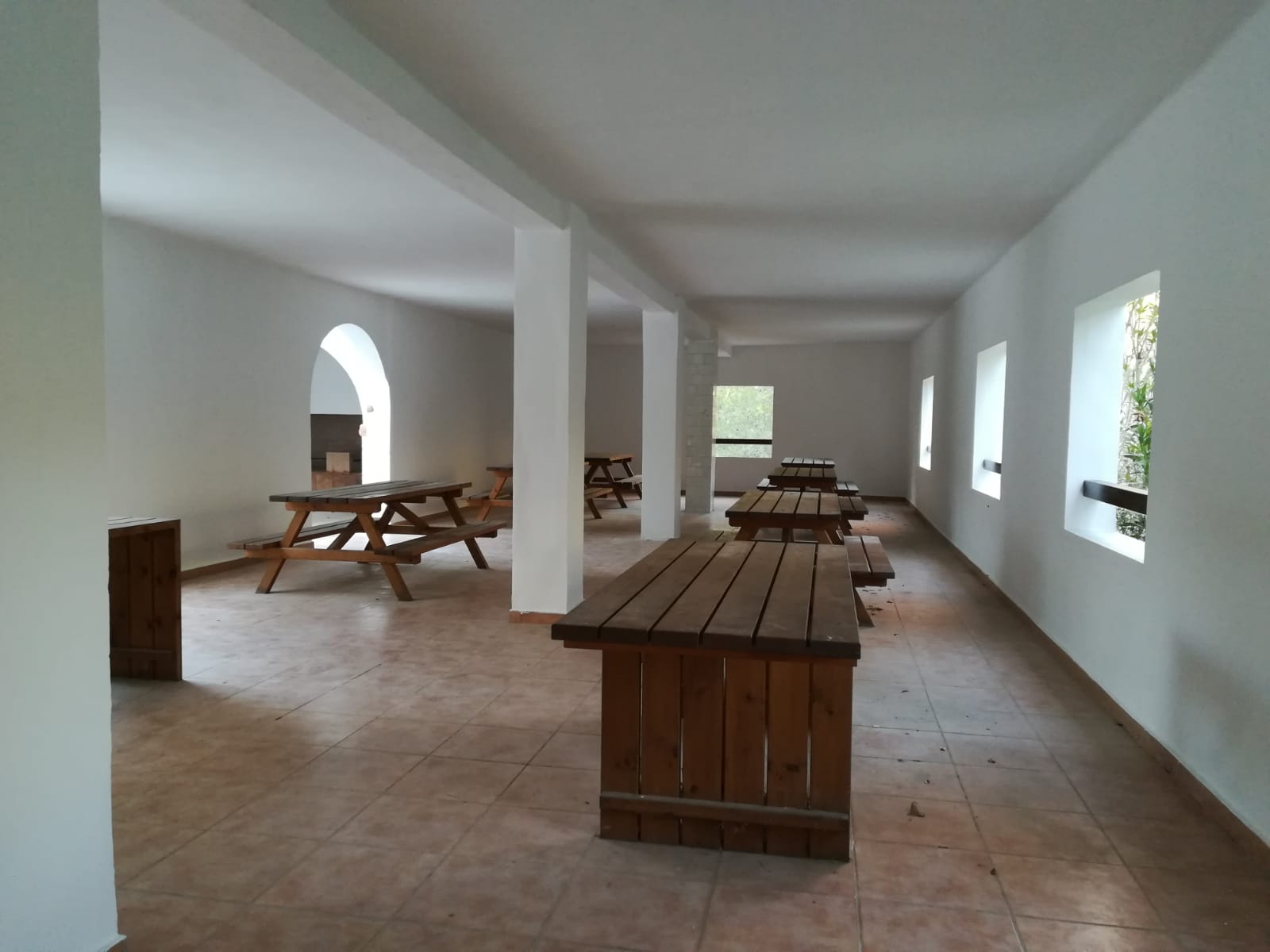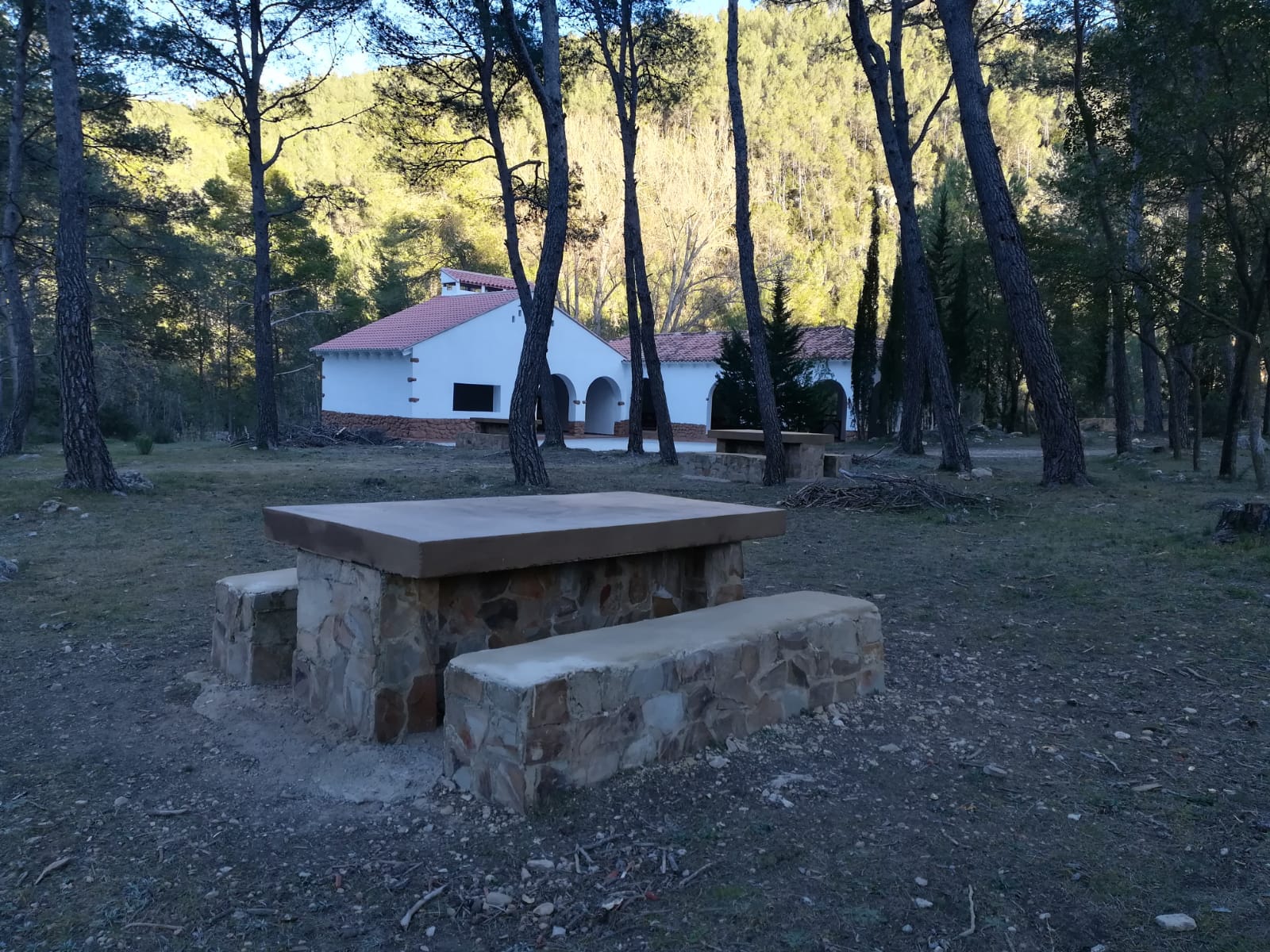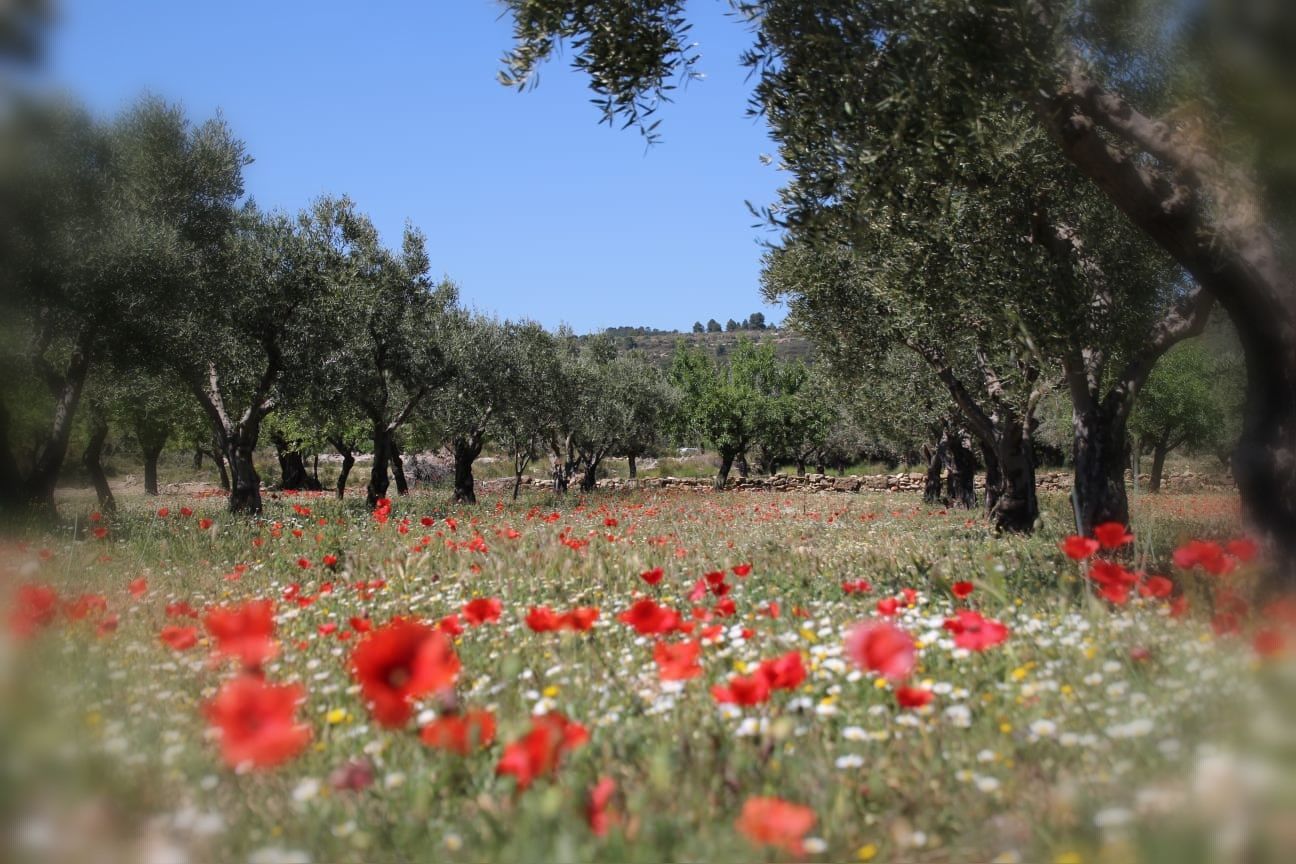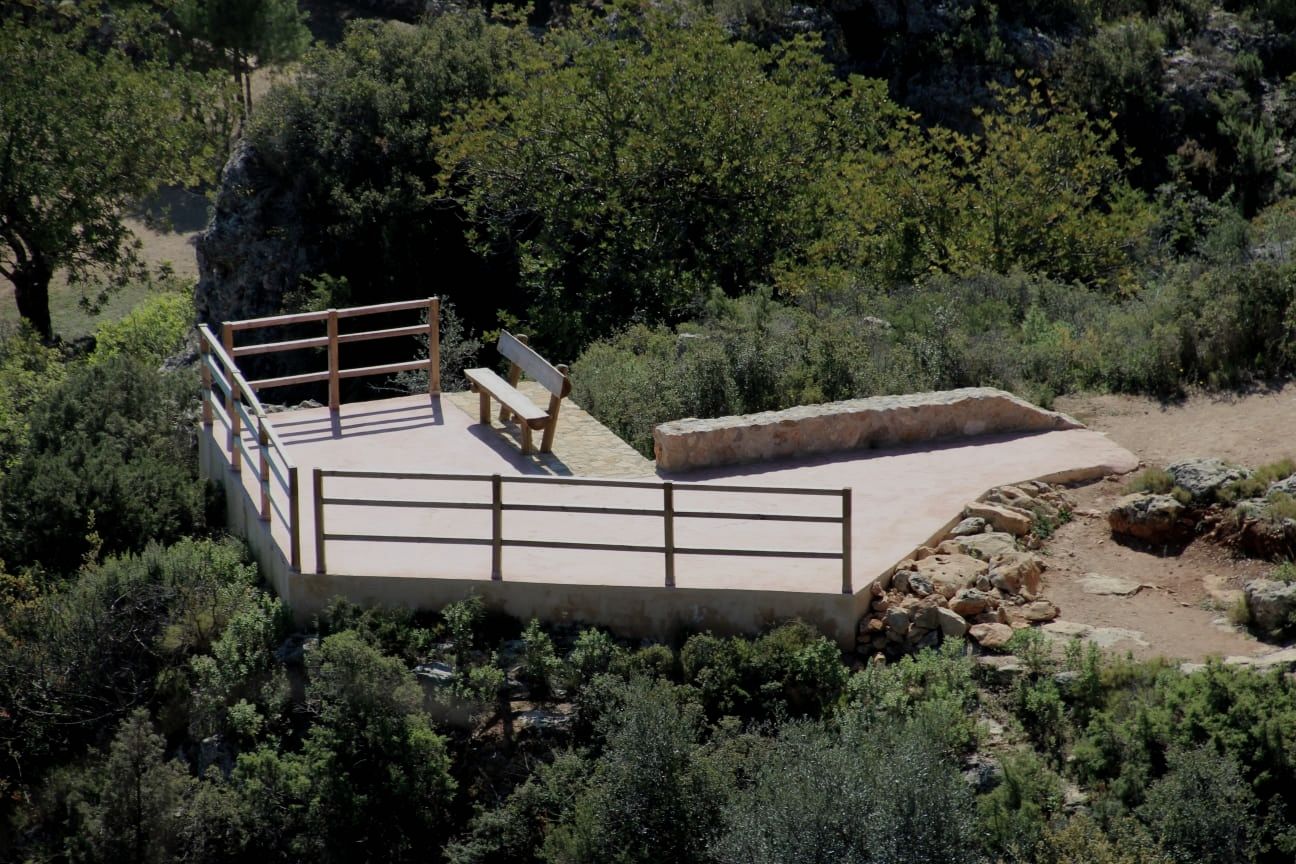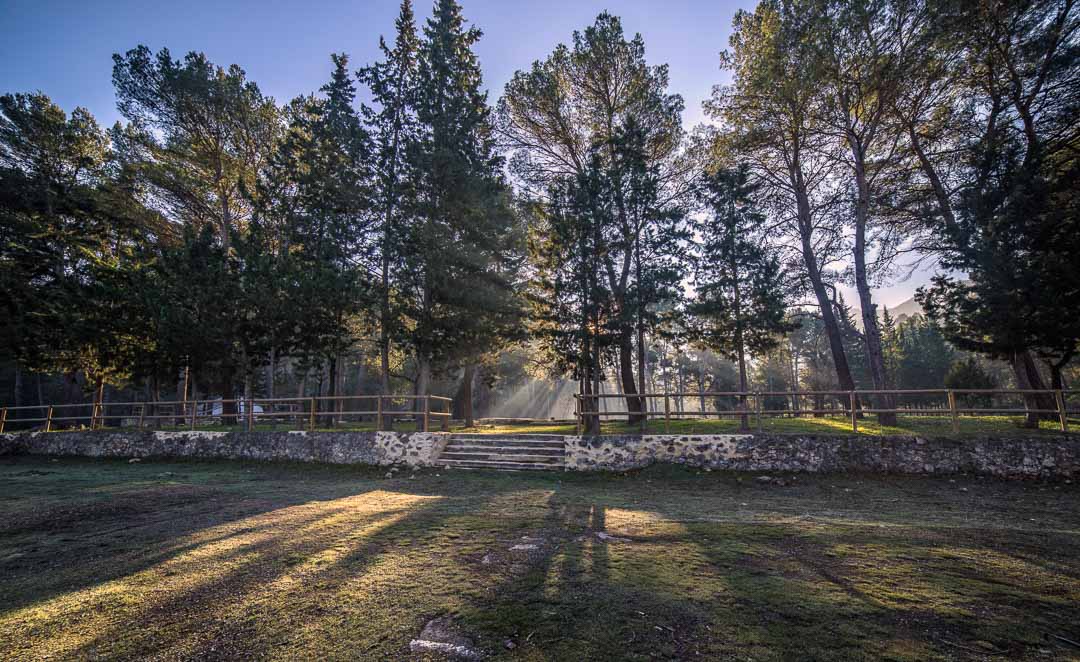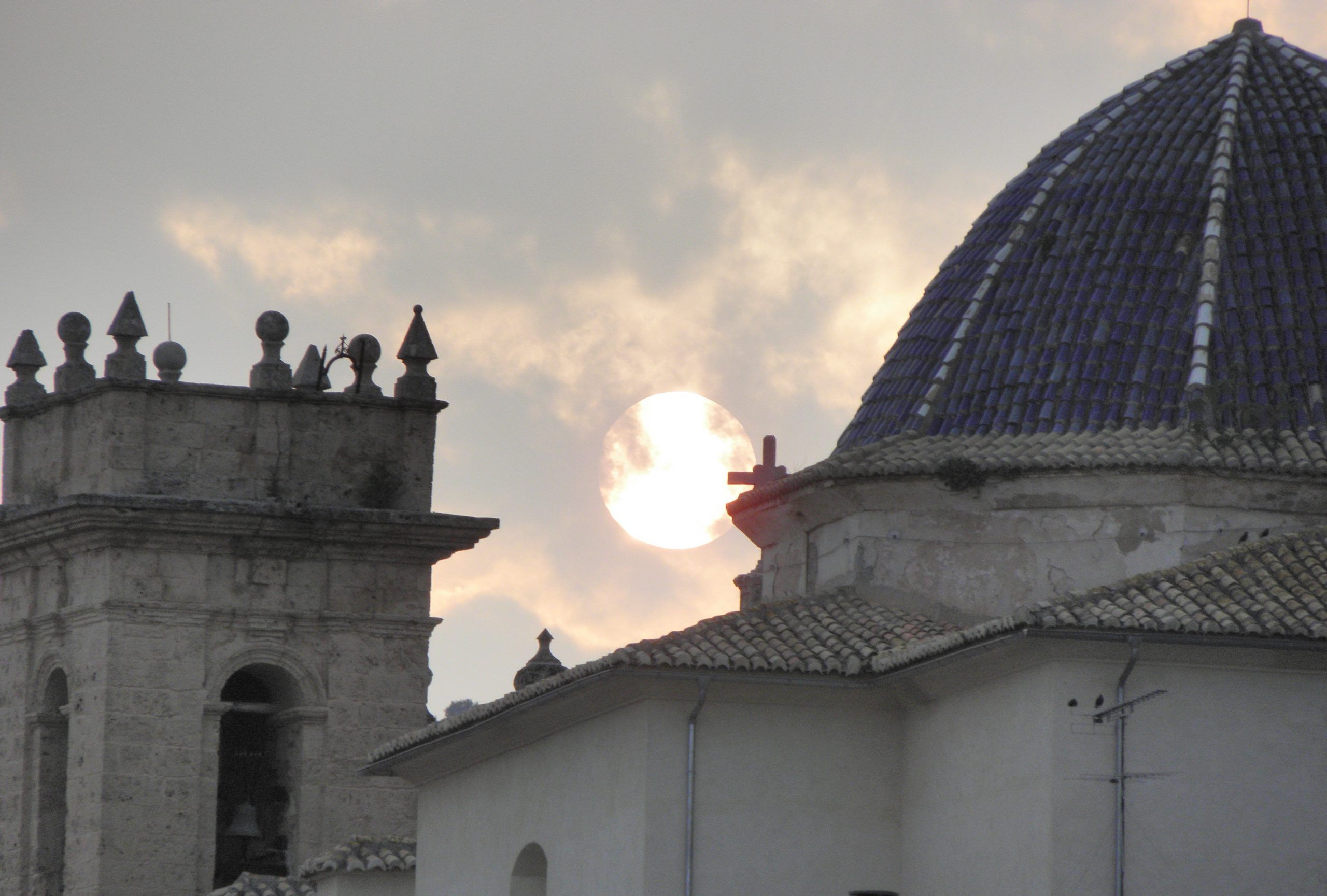Yátova
The origins of the village of Yátova can be found in the remains of prehistoric settlements dating from the Bronze Age that were discovered in “Monte Motrotón”. Yátova has an abundance of environmental sites of interest, including, the source of the River Mijares, “el estrecho de Juanete”, the valley and camp of “Tabarla”, “Las Palomas” cave, “Forata” Reservoir, the Sierra de Martes shelter. Furthermore, the GR-7 international long-distance trail passes through Yátova.
Gastronomy:
Yátova’s typical dishes include “pisto” (ratatouille), “rin-ran” (potatoes, cod, garlic and olive oil), “mojete” (flour, cod, tomato and garlic). “Olla de pencas” (stew), “migas” and “gachamiga” are dishes considered in high esteem locally. “Gazpacho “rulandero””, with “torta de pastor”, ham, bacon and garlic, and “olla de pastor” (leg of lamb, bacon, “butifarra” sausage and potato). The village is well-known for its excellent meats and cured sausages, as well as for its “tortas de tajá”.
Festivities:
The village’s main festivities are held during the last week of August in honour of the Divine Aurora and Our Lady of the Rosary. Activities include chants, mass, processions, bull-running, etc. The festivities held in honour of Saint Isidore are celebrated during the weekend following 15th May and are sponsored by the village council. These festivities act as an announcement for the August festivities. They include street dances, literary awards, theatre and bull-running. Additionally, independent festivities are held in different neighbourhoods at weekends.
